We’re almost at the end of 2017. It has been an inarguably underwhelming year for mainstream Hindi cinema, but there has been a curious spike in the quality of “middle-India” and “indie” films. A lot of talented new filmmakers have hit the scene running with critically acclaimed — and sometimes, commercially viable — efforts. As a result, we’ve seen non-starry actors like Rajkummar Rao, Pankaj Tripathi and Sanjai Mishra dominate a year full of versatile voices.
Here are the most remarkable Hindi films made by first-time directors in 2017:
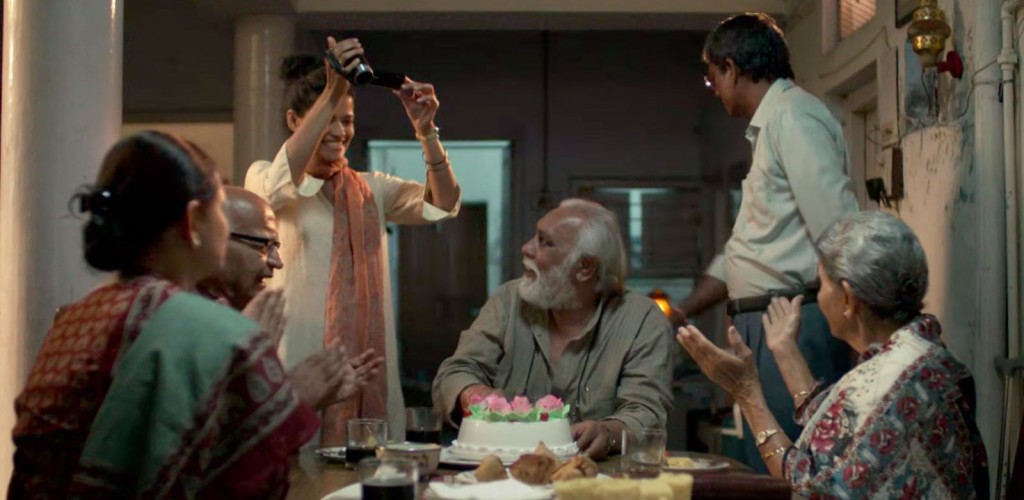
MUKTI BHAVAN
Dir: Shubhashish Bhutiani
The 25-year-old director’s first film might have set the world film festival circuit ablaze, but even as an inextricably “Indian” film about an adult father-son relationship/journey, it doesn’t peddle poverty or pander to exoticism in order to win over global juries. The quiet, poignant Mukti Bhavan, starring Adil Hussain and Lalit Behl, is set at a “death” hotel — a place where many old people live their last days in to achieve salvation — on the banks of the Ganges in Varanasi. There is no better location for a young storyteller to get indulgent in, but the film is restrained, introspective and full of wisdoms, driven by a career-best performance by the superb Adil Hussain.
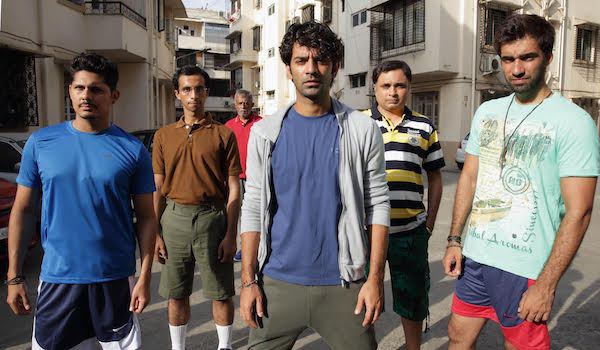
TU HAI MERA SUNDAY
Dir: Milind Dhaimade
One of the best films of the year is a regular, almost-mainstream and superbly observed indie about a bunch of adult friends in Bombay bonding over their struggle to find space to play Sunday football. I’ve not seen a better contemporary representative of the city and its characters, voices, struggles and everyday issues. Each of the many characters — including TV actor Barun Sobti — is perfectly casted and symbolises the diversity as well as smallness of the city we all love to hate. Director Dhaimade, a former ad-man, has an exceptional knack for long-form storytelling; it’s not easy to turn an unremarkable Hindi “buddy” movie into a telling symbol of our space-crunched times.

A DEATH IN THE GUNJ
Dir: Konkana Sen Sharma
The opening film of the 2016 Mumbai Film Festival is a hard-hitting and perceptively populated cross between a dysfunctional period family drama and a bleak psychological drama. It has one of the best ensembles of the season — with Vikrant Massey finally sinking his teeth into a challenging leading role and becoming the poster-boy for vulnerability in one of the year’s finest performances. Konkana seems to have used her acting career as an effective film school in order to tell her first story, and one can’t think of a more haunting scene than the climax. Also notable was the tense, whispery geography of the old Anglo-Indian town of McCluskiegunj, where the unassuming family assembles for an annual gathering.
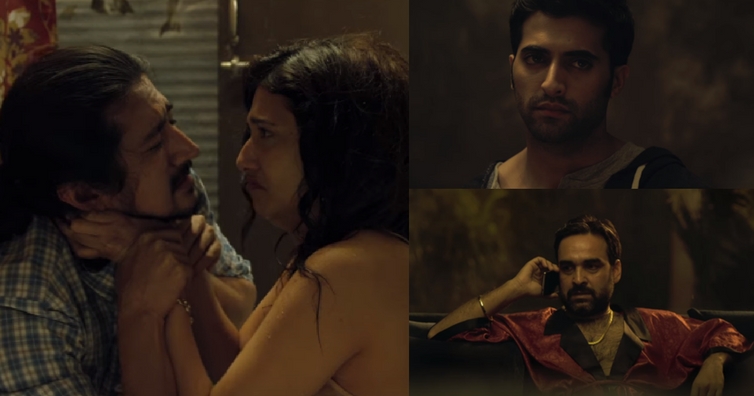
GURGAON
Dir: Shanker Raman
The cinematographer’s directorial debut reflected the socioeconomic change of the country’s most notorious village-turned-township through the brooding, immaculately framed story of a land mafia’s treacherous family. Pankaj Tripathi plays a Godfather of sorts, as he struggles to maintain a stranglehold over his emasculated son (Akshay Oberoi) while his daughter is kidnapped. The film gets a little too subtle with the transitions from present-day Gurgaon to Tripathi’s farmer days, but there’s a sinking “feeling” — a mood and atmosphere — that Raman captures better than any other Hindi film this year.
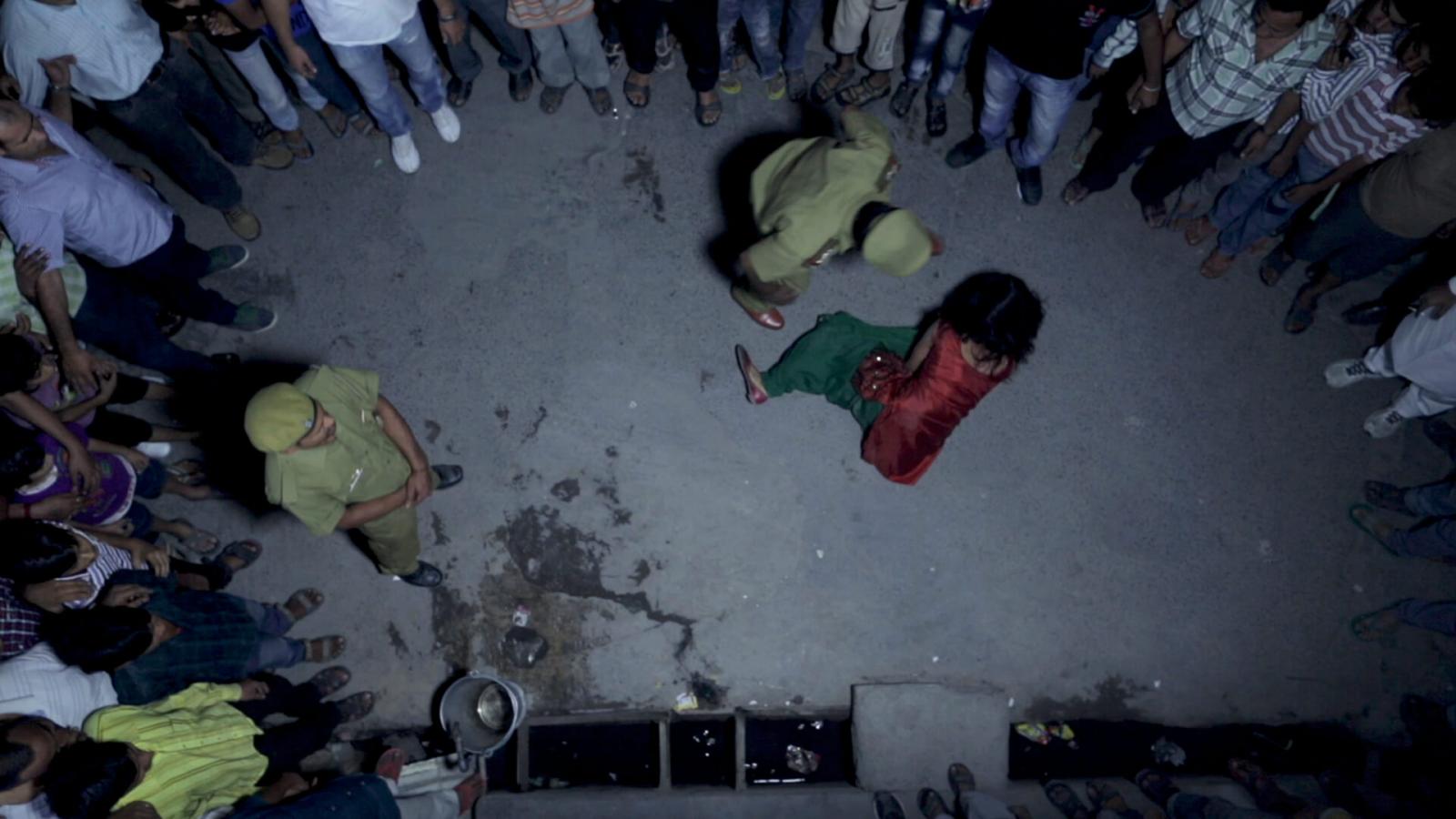
G KUTTA SE
Dir: Rahul Dahiya
Probably the most difficult film of 2017 to watch, G Kutta Se uses a tag-team quasi-episodic storyline (with Jatt protagonist Virender, played by model-actor Rajveer Singh) to chronicle the horrific realism and honour-killing culture of the not-so-hidden Haryana we hope to ignore. The film is unforgiving, as we watch Rajveer — sort of a deflected misogynist torn between the India he sees on the highways and the India he is forced to create in his village — become a product of the claustrophobic, hypocritical and lawless environment. The performances are on point, and I consider it a minor victory that 1) A first-time director chose to make a brave, expressive and uncompromising film like this one, and 2) This film managed a limited release, even 18 months after it was made, and for a few days in select cinemas. Viewers might feel very much like Anushka Sharma in NH10, trying to escape, unsuccessfully, the brutality of toxic spirits.
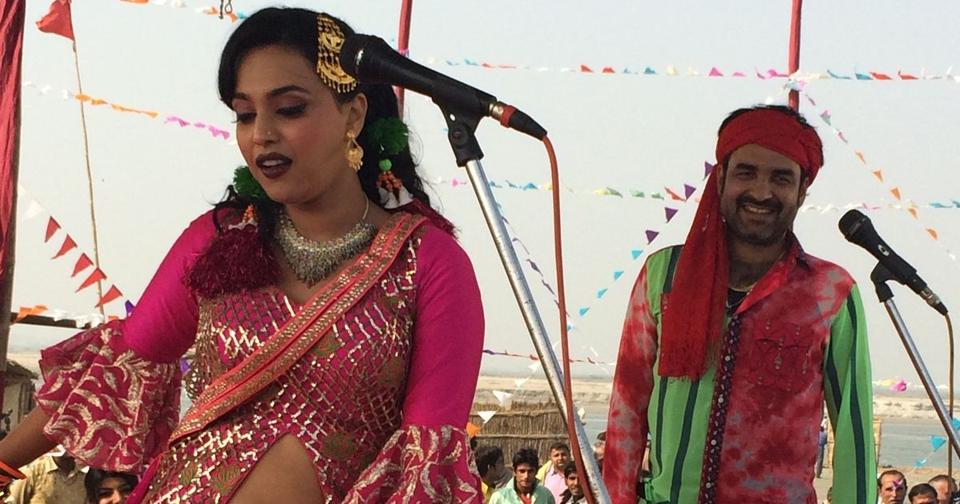
ANAARKALI OF AARAH
Dir: Avinash Das
With one of the best performances of the year, debutant Avinash Das’ crackling, livewire of a film has a tendency to go on narrative tangents, but has Swara Bhaskar at her very best. Since she has graduated to essaying lead roles (Nil Battey Sannata in 2016), Bhaskar, a fine actress, has been choosing all the right parts. Playing the role of an erotic folk dancer in a small town named Aarah, she oozes the kind of inherent aggression that most “showgirls” are forced to imbibe as a self-defence weapon. The film also boasts of perhaps the strongest and most energetic climax scene of the year, where Anarkali dances and sings up a storm around the vulgar villain (Sanjai Mishra) while his world comes crashing down in public.

SECRET SUPERSTAR
Dir: Advait Chauhan
One of the more basic — but well made — underdog dramas of the year, the Zaira Wasim starrer stands out for its fine supporting performances. Its simple storyline, as one-dimensional and familiar as it looks, attempts to explore the severity of deep-rooted misogyny in the Islamic minorities in a traditionally sensitive and suppressed state like Gujarat. The music was nothing to write home about, but Wasim continues to emerges as one of the top “child actors” in a country brimming with young talent. At times, Aamir Khan’s righteous support is a little too obvious, but the melodramatic film succeeds at doing the one thing it sets out to do: emotional manipulation.
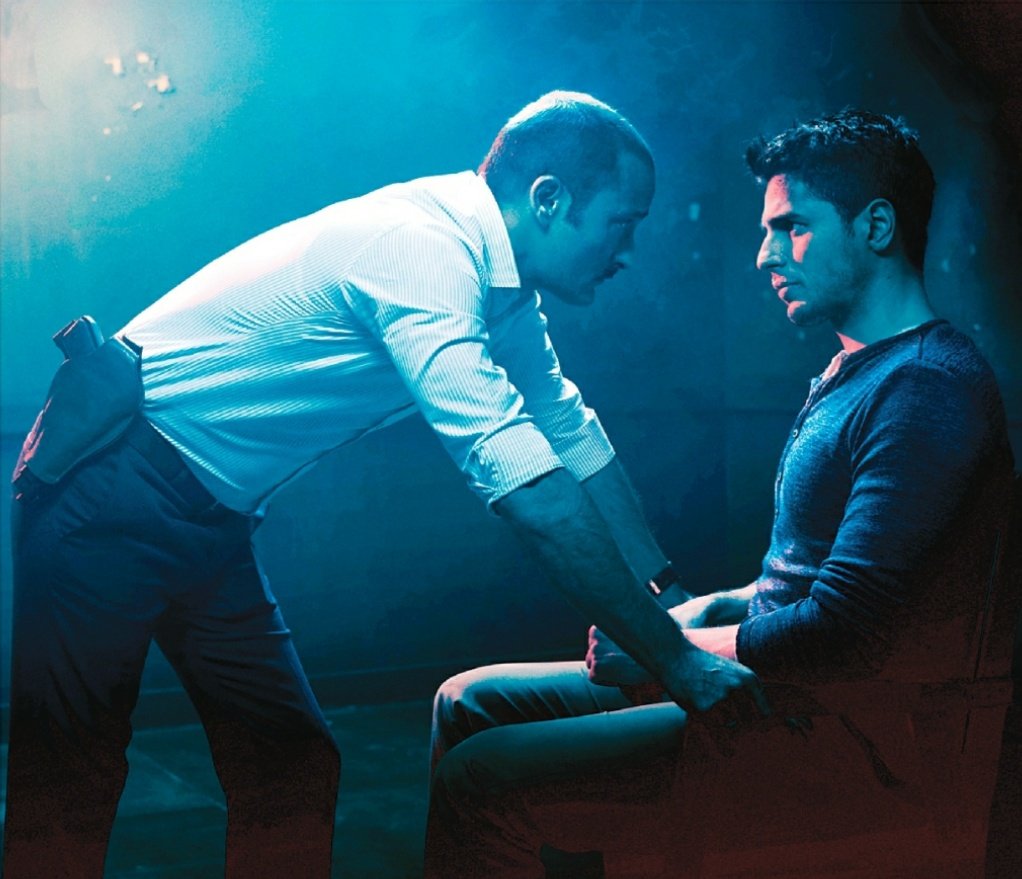
ITTEFAQ
Dir: Abhay Chopra
One of the several good-but-not-great mainstream productions this year, this slick whodunit — a contemporary adaptation of the Rajesh Khanna starrer — stars a suave Akshaye Khanna in his second cat-and-mouse urban-cop role after Mom. There’s also Sidharth Malhotra and Sonakshi Sinha, and an occasionally clever narrative that respects its characters’ limitations, but it’s Khanna who rescues debutant Chopra’s well designed effort from itself. There are some fine lock-up scenes between Malhotra (as a writer, again) and him, while the suspense riffs on our preconceived notions about traditional murder mysteries.
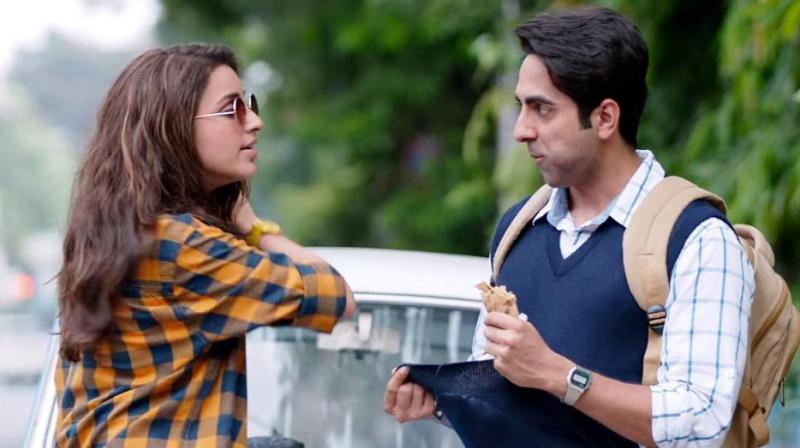
MERI PYARI BINDU
Dir: Akshay Roy
A wishful but nicely observed writerly tale about a Bengali man finding his love for words through love for the classic manic-pixie “unobtanium” girl stars Ayushmann Khurana in a year that he has had fair success. Parineeti Chopra, ironically, is the weakest link of a movie named after her character. Yet, it’s the environment (Kolkata), the man-child syndrome and the bashful narrative that makes Roy’s first film a very intriguing and honest one.

RIBBON
Dir: Rakhee Sandilya
It’s rare to see a desi film about an urban couple so natural and mundane that it feels like a documentary. Kalki Koechlin and Sumit Vyas play a young couple trying to balance parenthood with ambition, and succeed in making a fairly unremarkable atmosphere an engaging journey. The shots are long but rarely languid, while the two actors bring all their stage experience into a setup that rarely affords them a second chance. Their “home” feels lived-in and familiar — and that’s the victory of perhaps one of the most underrated indies of 2017.
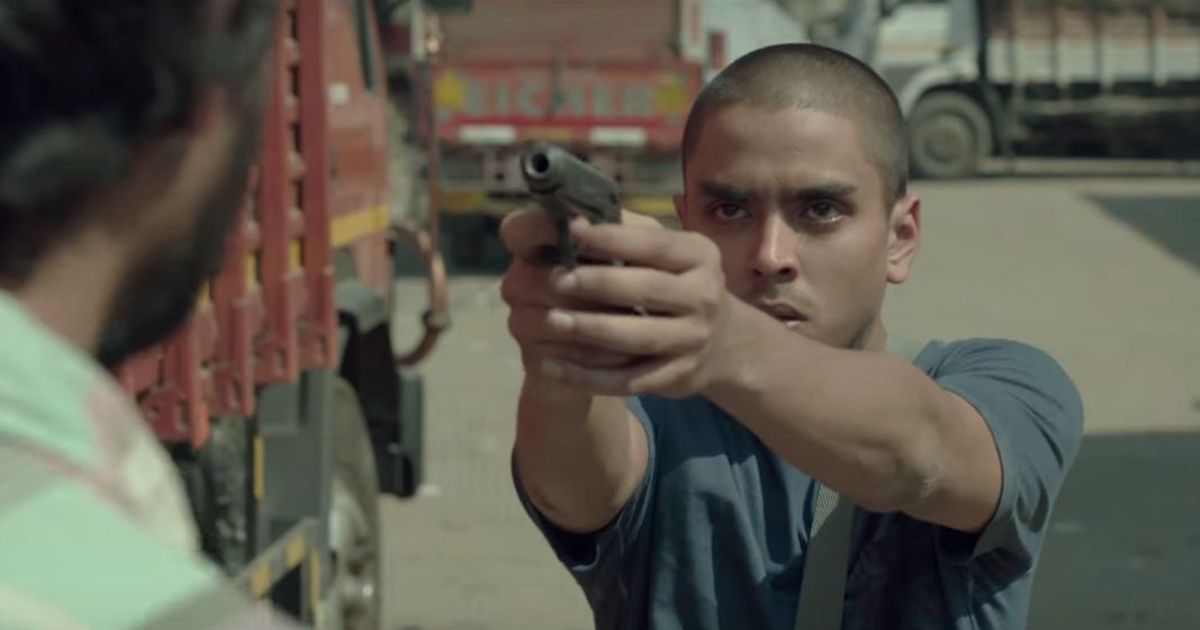
RUKH
Dir: Atanu Mukherjee
Editor Atanu Mukherjee’s debut feature film is almost a meditation on the concepts of morality and grief. It isn’t a very easy film to follow for its first hour, but it sort of internalizes the scrambled mind of a youngster (Adarsh Gourav, in his second film after Mom) attempting to wade through the murky aftermath of his father’s death. Manoj Bajpayee’s cameo as the father is an important one, and there is a lot to like about Gourav’s angst-ridden, quiet gait in the face of some over-complicated storytelling.

MONSOON SHOOTOUT
Dir: Amit Kumar
Monsoon Shootout screened at Cannes in 2013, after production on it started in 2011. The idea was conceived by the director (who made the critically acclaimed award-winning short, Bypass) in the late 1990s, and finally, at age 47, Kumar’s first film will be out in cinemas in mid-December. It stars Vijay Verma (the best of the assaulters in Pink) as a rookie cop, Nawazuddin Siddiqui as a gangster and Neeraj Kabi as a Crime Branch boss in the rain-drenched, shady streets of Mumbai’s underbelly. The film is remarkable for its ambitious narrative and its exploration of morality and time through a prism that might seem visually familiar, and even basic, but leaves us thinking about the art of screenplay writing. It helps that Verma (this was to be his acting debut) is appropriately conflicted and grounded as the film’s introspective protagonist.
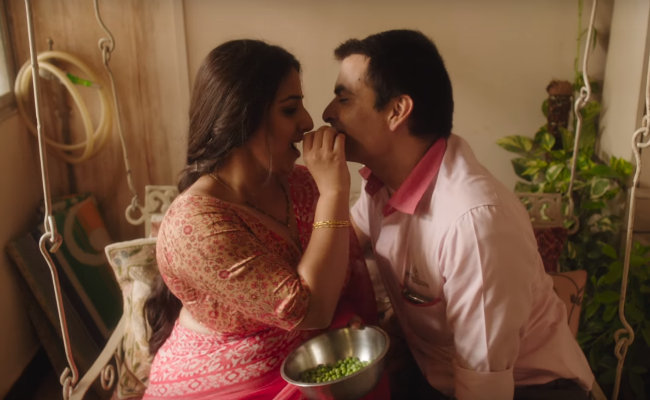
TUMHARI SULU
Dir: Suresh Triveni
There’s a lot that has been seen and done in Tumhari Sulu, but it’s the intent and energy of Triveni’s first film — as well as Vidya Balan’s barnstorming performance as a housewife-turned-RJ (making up for a crime called “Begum Jaan”) — that might have driven Sulu to become a timely success. It’s been a few years since female protagonists have been carrying films on their strong shoulders, and this is a trend Indian cinema should be very proud of, despite 2017 not exactly being a path-breaking season for its bread-and-butter masala films. Sulu carries on the trend, and Balan’s act, easily one of the best this year, leaves many feeling good about what her character stands for — even if the filmmaker seems too overawed by her very presence.
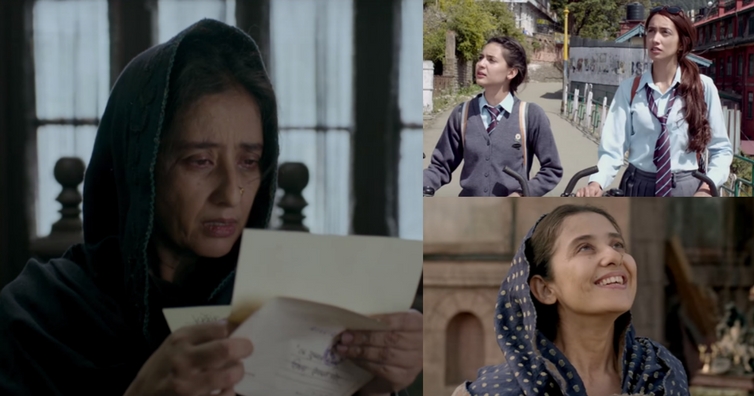
DEAR MAYA
Dir: Sunaina Bhatnagar
Set in the pahaadi confines of Shimla’s convent culture, Bhatnagar’s first film is technically a female buddy flick crossed with the fairytale-ish ‘Great Expectations’ aura of the lonely-old-spinster tragedy (Manisha Koirala, in a notable comeback role). It tells the fairly empathetic story of two small-town schoolgirls who are forced to grow up under the shadow of a prank that went too far during their teenaged years. The film “feels” like a children’s book that quickly turns into a coming-of-age adult tale, mirroring the journey of the estranged friends who are driven by their conscience to find the enigmatic lady. The girls (Shreya Chaudhary, Madiha Imam) do well, as does Koirala, who just about rises above a cliched final act to leave us with memories of town-versus-city imagery and the romanticized idea of isolation.
SPECIAL MENTIONS:
HARAAMKHOR (dir: Shlok Sharma)
PHILLAURI (dir: Anshai Lal)
Note: “Shubh Mangal Savdhan” is its director’s R.S. Prasanna’s first HINDI film (a remake of his own Tamil film), and therefore not his feature-filmmaking debut.





Leave A Comment
You must be logged in to post a comment.